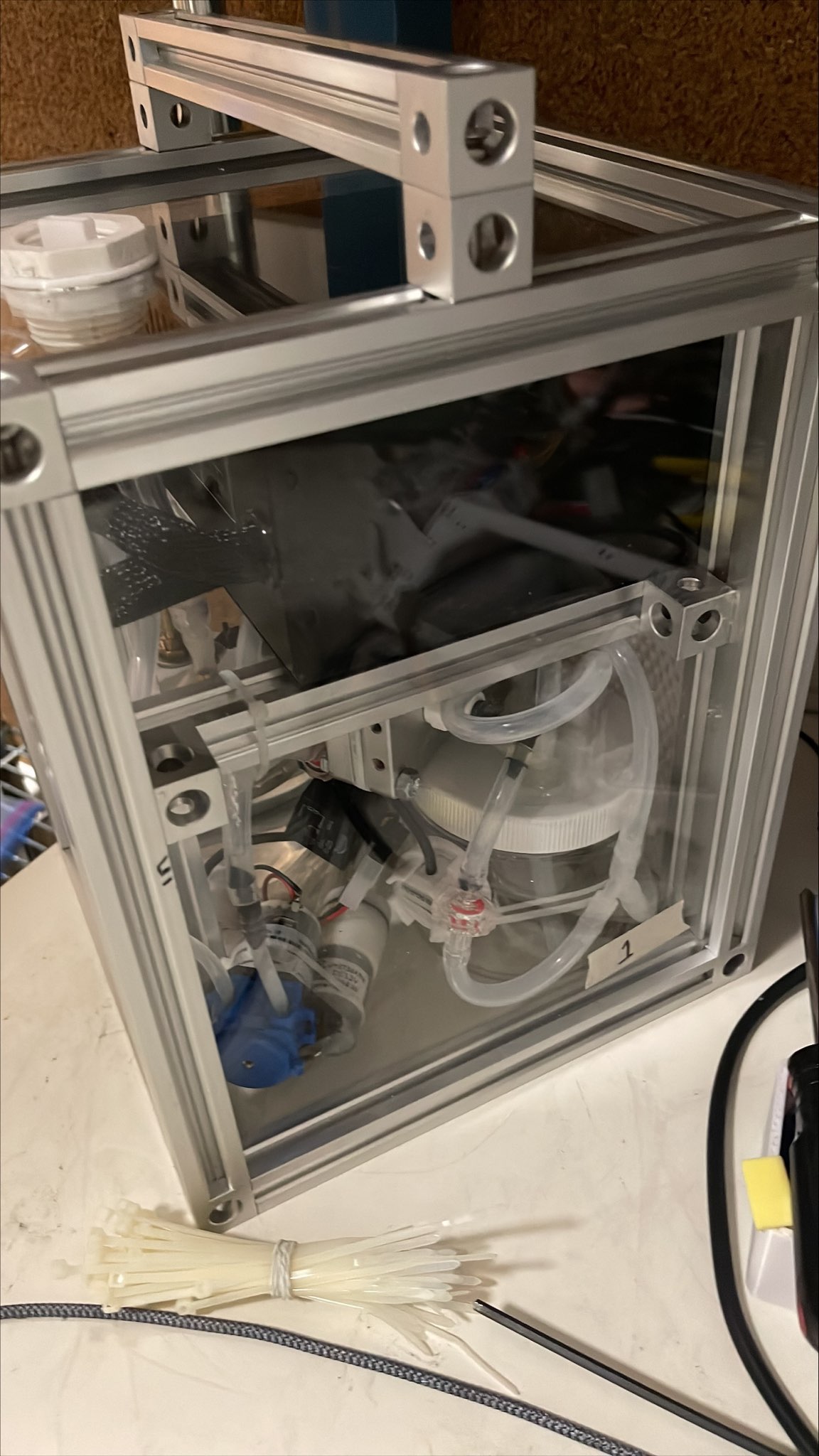Hydrogen Therapy Repository
Molecular hydrogen: a preventive and therapeutic medical gas for various diseases
https://www.ncbi.nlm.nih.gov/pmc/articles/PMC5731988/
- Hydrogen is a scavenger for ROS (reactive oxygen species) in the body. Specifically, hydrogen seems to react most with OH and ONOO-, which are very strong oxidants. H2 does not appear to react with other ROS that have normal physiological functions in vivo
- Moreover, H2 has demonstrated anti-inflammatory and anti-apoptotic properties (apoptosis being a form of programmed cell death occurring in multicellular organisms), the ability to modify gene expression, and functions as a gaseous signal modulator.
- Several methods of hydrogen delivery: inhalation, oral intake via water, injection, direct incorporation (bath, eye drops, etc.), intestinal (drugs/probiotics and dietary)
- Inhalation and drinking are the two most commonly studied, but dosage remains difficult to measure with these methods
- A unique thing about hydrogen gas is that intestinal absorption has been shown to have beneficial effects in disease remediation
- A very good table summarizing pros and cons of each method.
- Several benefits seen in hydrogen gas therapy– most studied include skin, tissue, cardiovascular system, and central nervous system. The latter is the most studied because hydrogen gas has the ability to penetrate the blood brain barrier
- No dose response effects have been seen or noted– small amounts of hydrogen have very similar effects to higher concentrations
- Might be because the liver has been seen to store hydrogen gas
- Hydrogen water is just as, or sometimes more effective than H2 gas
Recent Progress Toward Hydrogen Medicine: Potential of Molecular Hydrogen for Preventive and Therapeutic Applications
https://www.ncbi.nlm.nih.gov/pmc/articles/PMC3257754/
- Hydrogen has roles as a “novel” antioxidant in preventive and therapeutic applications. H2 has advantages as an antioxidant without adverse effects: it is mild enough neither to disturb redox reactions nor to affect ROS and has favorable characteristics in its own physical ability to penetrate biomembranes and diffuse through barriers into cells
- H2 scavenges for OH, but not O2-, H2O2 and NO (in cultured cells)
- Several advantages of hydrogen gas– fast rate of diffusion, does not eliminate functionally important ROS, and no toxicity at a high concentration
- Methods of ingestion– gas, oral (water), injection, absorption, intestinal (repeating similar things as the previous article)
- Primary molecular target of hydrogen gas remains unknown
- Great compilation of studies, grouped by type, in this chart.
Emerging mechanisms and novel applications of hydrogen gas therapy
https://www.ncbi.nlm.nih.gov/pmc/articles/PMC6178641/
Molecular hydrogen: a therapeutic antioxidant and beyond
https://www.ncbi.nlm.nih.gov/pmc/articles/PMC5223313/
Therapeutic Efficacy of Molecular Hydrogen: A New Mechanistic Insight
https://www.ncbi.nlm.nih.gov/pmc/articles/PMC6806612/
Intestinal Hydrogen
Hydrogen from intestinal bacteria is protective for Concanavalin A-induced hepatitis
https://pubmed.ncbi.nlm.nih.gov/19523450/
- E. coli, which is found in small intestine, affect Concanavalin A (ConA)-induced mouse hepatitis
- This article is not about consuming oxygen, so in that sense it is not relevant to our research, but it shows the anti-inflammatory nature of hydrogen gas, and how the hydrogen gas in the intestines is significant.
- If we could implement this sort of hydrogen gas and deliver to intestines it could have marked effects like this study has demonstrated
Morphological and molecular response of small intestine to lactulose and hydrogen-rich water in female piglets fed Fusarium mycotoxins contaminated diet
https://pubmed.ncbi.nlm.nih.gov/30805184/
- This study looked into the role of lactulose (LAC) and hydrogen rich water (HRW) in preventing intestinal dysfunction in piglets fed Fusarium mycotoxin-contaminated feed.
- The study revealed that oral administrations of HRW and LAC significantly conferred beneficial effects against Fusarium mycotoxin-induced apoptosis and intestinal leaking (“leaky gut”).
- Shows the positive results of HRW and lactulose (a synthetic sugar)
Intestinal Microbiota Ecological Response to Oral Administrations of Hydrogen-Rich Water and Lactulose in Female Piglets Fed a Fusarium Toxin-Contaminated Diet
https://www.ncbi.nlm.nih.gov/pmc/articles/PMC6024725/
- This study was very similar to the previous study. The goal was to explore the intestinal microbiota ecological response to oral administrations of hydrogen-rich water (HRW) and lactulose (LAC) in female piglets fed a Fusarium mycotoxin-contaminated diet
- They found that hydrogen-rich water and lactulose have protective effects on the imbalance of intestinal microbiota, reducing the higher diarrhea rate induced by Fusarium mycotoxin-contaminated diet, partly through affecting the communities/populations of microbiota and the evaluation of hydrogen gas.
Lactulose mediates suppression of dextran sodium sulfate-induced colon inflammation by increasing hydrogen production
https://pubmed.ncbi.nlm.nih.gov/23371012/
- This study looked into the anti-inflammatory effects of lactulose on dextran sodium sulfate (DSS)-induced colitis in mice, as a model of human ulcerative colitis.
- They found that lactulose could prevent the development of DSS-induced colitis and alleviate oxidative stress in the colon, as measured by MDA and MPO, probably by increasing endogenous H2 production.
- They specifically found that hydrogen gas loss of body weight,
- increase of colitis score, shortening of colon length, pathological changes and elevated levels of TNF-a, IL-1b, MDA,
- and MPO in colon lesions
- They found that lactulose also stimulated anti-inflammatory responses in the body, especially when combined with antibodies
Colonic hydrogen absorption: quantification of its effect on hydrogen accumulation caused by bacterial fermentation of carbohydrates

